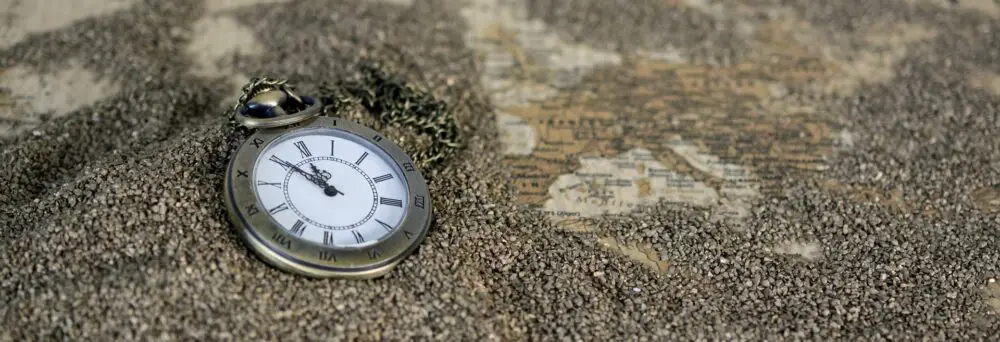Defining time
Why does time advance? The idea of time has fascinated humans for centuries. It’s the one thing we can never escape from.
We have always been curious about this, but it was not until recently that we realized how important it is to understand and study it. As a result, we are now learning more than ever, and this article will explore what we know about the concept of time.
This constitutes the continuous and indefinite progress of existence and events that occur in irreversible succession from the past through the present to the future.
It is one of the first things we think about when we consider our lives. We can’t do anything without it. It separates us from living in a dystopian world where we are slaves to our own devices and have no free will. It is what makes us human because it is what separates us from all other beings on Earth. Without time, we would be nothing more than animals with no sense of purpose or meaning.
It is a resource that can be spent, saved, wasted, and invested. It’s the one thing in life we can’t get more of.
It is not just an abstract concept: it affects our daily lives in many ways. It affects how we spend our days and what we do with them. It involves how much time we have to do things and how long they take to complete.
The passage of time has been seen as a linear process from past to future, but this might not be the case because science tells us that there are many different dimensions in which time can exist simultaneously.
We can define it as a measure of duration, measured by the Earth’s movement.
There are two ways to measure it: Absolute and Relative. The absolute is measured by the sun’s position relative to the Earth. Relativity is measured by the part of an object close to a reference point on Earth.
The first way we measure it is absolute, which means it doesn’t have a reference point on Earth. It is based on the time it takes for the sun to move across the sky from sunrise to sunset, which we call a day. The second way we measure time is relative, which means that it has a reference point on Earth; it is based on the time it takes for an object to move from one place to another, such as the time it takes to walk from its home to work or school and back home.
The word time has been used to describe a variety of different things. Of course, we all have our understanding of what time is, but there is also a scientific definition that is more precise. But before getting into the scientific explanation, it is essential to know that there are two types of time: duration and interval. Duration measures how long an event continues over time, while a gap measures how much progress has been made in a certain amount of time.
To understand the concept of time, we need to know what it is not. For example, it is not space because something can’t be in two places at once as it would be if it were in play. There are many ways people try to conceptualize this idea, but the best way I’ve found so far was Einstein’s theory of relativity: “It would seem as if one could take any point on Earth as a starting point and then measure.
Time is a dimension in which events can be ordered from the past through the present to the future.
Do we experience it differently, or is it moving faster for us?
A study explored the idea that time is a subjective experience. For example, the study found that people asked to estimate how long they had been watching a video clip of waves breaking on the shore guessed that it was shorter than it was.
There are different theories about how we experience time. Some say that we feel like time passes faster because we live in an age of technology and information overload, while others believe there is no objective measure of time.
The past can be remembered in detail, but the future can only be imagined in general.
We experience it as a sequence of constantly changing moments, and we cannot see what comes next.
The past is something we can never have. The future is something we can never predict. All that exists is the present; it is all we have to live and build our lives.
Many people are convinced that this passes faster when they get older. They say this seems to give more quickly as they get older, making them feel like they are living a shorter life than those younger. This phenomenon has been studied for many years, and scientists are trying to understand why people experience it differently as they age.
Top 5 Reasons Why You Always Move Forward
1. The Earth rotates on its axis and moves around the sun.
2. There is a difference between that time as we perceive it and that time as an objective measure of duration.
3. It is a resource that humans can spend or waste.
4. The universe is expanding and moving away from each other, so time must move in only one direction to prevent two events from happening simultaneously in different places in the universe.
5. There are no natural processes that cause the time to go backward, so it always goes forwards

